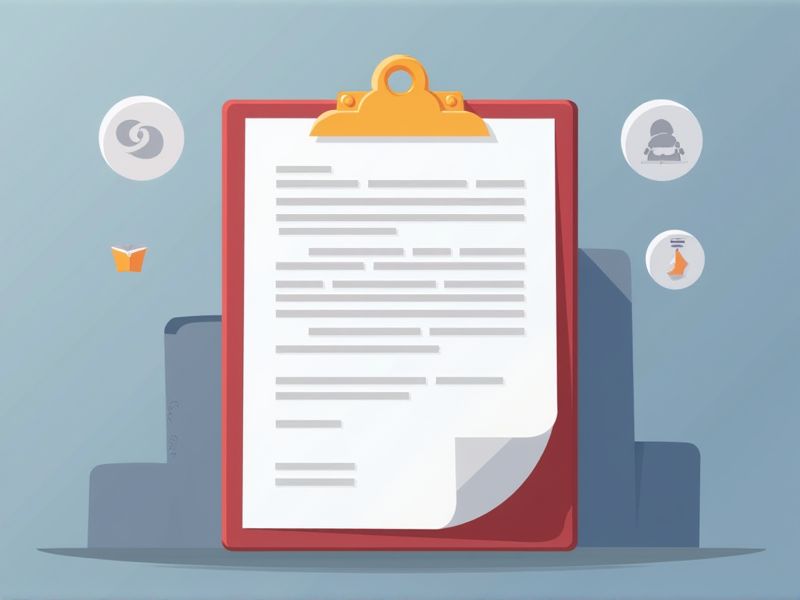
When inviting a guest speaker, it's important to craft a clear and respectful letter that outlines the event details and the speaker's expected role. A well-written invitation not only conveys your enthusiasm but also provides essential information that helps the guest prepare adequately. Make sure to include the date, time, location, topic, and audience profile in your letter. Express appreciation for the speaker's expertise and explain how their participation will benefit your event. For your convenience, this article offers various guest speaker letter templates to suit different occasions and needs.
Samples of letter sample for guest speaker
Formal Letter Sample For Guest Speaker Invitation
Thank You Letter Template For Guest Speaker
Letter Example For Requesting Guest Speaker
Follow-Up Letter Sample For Guest Speaker
Invitation Letter Format For Guest Speaker
Appreciation Letter For Guest Speaker
Letter Of Confirmation For Guest Speaker
Polite Letter Sample To Guest Speaker
Professional Letter To Invite Guest Speaker
Reminder Letter Template For Guest Speaker
Letter Sample For Guest Speaker Engagement
Networking Letter For Guest Speaker
Letter Of Interest To Guest Speaker
Letter To Guest Speaker For Event Participation
Introductory Letter For Guest Speaker
Letter Requesting Guest Speaker Biography
Sponsorship Letter For Guest Speaker Event
Outreach Letter For Securing Guest Speaker
Letter To Guest Speaker About Event Details
Letter Template For Guest Speaker Feedback
Important Things to Know when Writing Letter Sample For Guest Speaker
Proper Greeting And Introduction
A proper greeting and introduction are crucial when writing a letter to invite a guest speaker. Start with a warm salutation, addressing the speaker by their appropriate title and name, to create an inviting tone. Following the greeting, include a brief introduction that highlights the context of the event and the speaker's credentials, demonstrating why their presence would enrich the experience. This thoughtful approach sets a positive tone for your invitation and shows respect for the speaker's expertise.
Clear Purpose Of The Invitation
The letter sample for a guest speaker should clearly articulate the purpose of the invitation, ensuring that the recipient understands the event's significance. Specify the topic or theme that the speaker will address, highlighting its relevance to the audience. Providing details such as the date, time, and location of the event underscores the logistical aspects, allowing the speaker to gauge availability. A well-defined purpose enhances the likelihood of a positive response and sets the tone for a meaningful engagement.
Event Details (Date, Time, Venue)
When drafting a letter to invite a guest speaker, it is crucial to include specific event details such as the date, time, and venue. Clearly stating the date ensures that the speaker can check their availability, while mentioning the time helps them prepare for any scheduling conflicts. Providing the venue information, including the address and any notable landmarks, assists the speaker in planning their journey. This clarity in communication enhances the likelihood of their participation and contributes to a successful event.
Speaker’S Role And Topic
When crafting a letter to invite a guest speaker, it is essential to clearly define the speaker's role and the topic they will address. The role should encompass not only their professional background but also their expertise related to the event's theme. Clearly articulating the topic helps set expectations for the audience, ensuring both relevance and engagement. This focus not only informs the speaker about your vision but also enhances the overall appeal of your event.
Contact Information For Follow-Up
One crucial element of a letter sample for inviting a guest speaker is including contact information for follow-up. This ensures that the recipient can easily reach you for any clarifications or additional information they may need. Providing multiple contact options, such as an email address and phone number, enhances your accessibility and shows professionalism. Clear communication fosters positive relationships, making it easier to coordinate details closer to the event.
